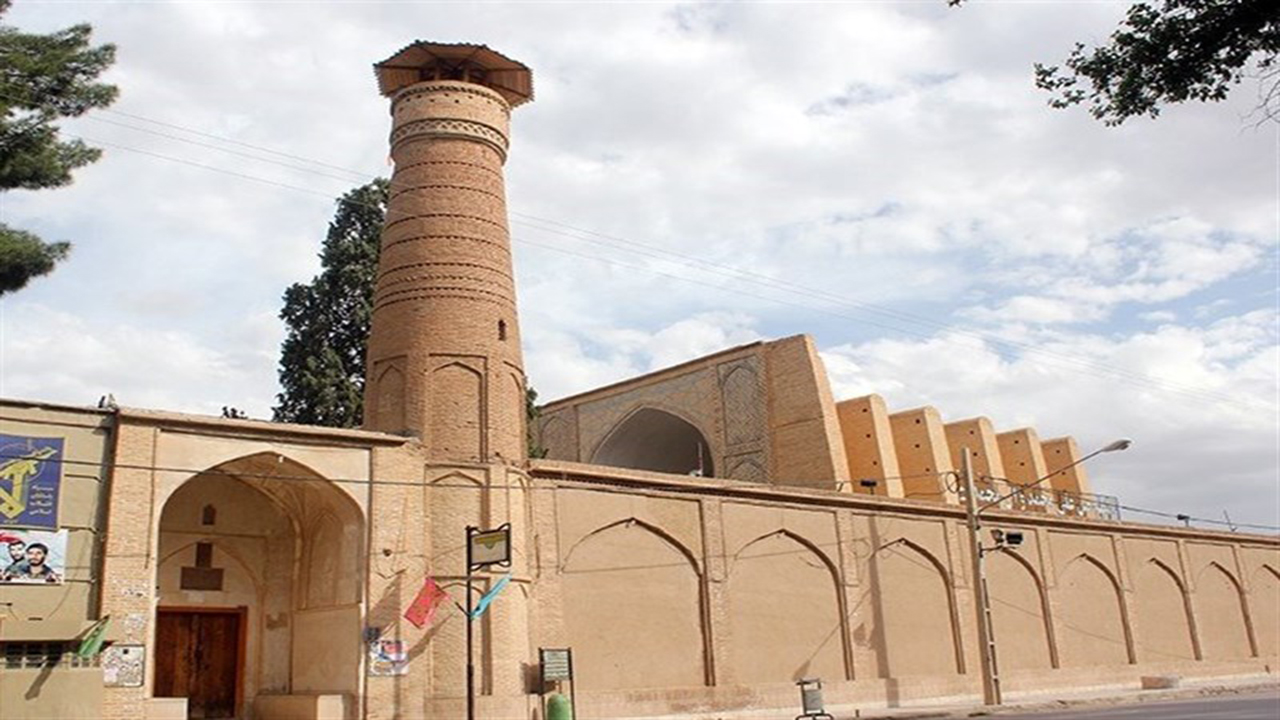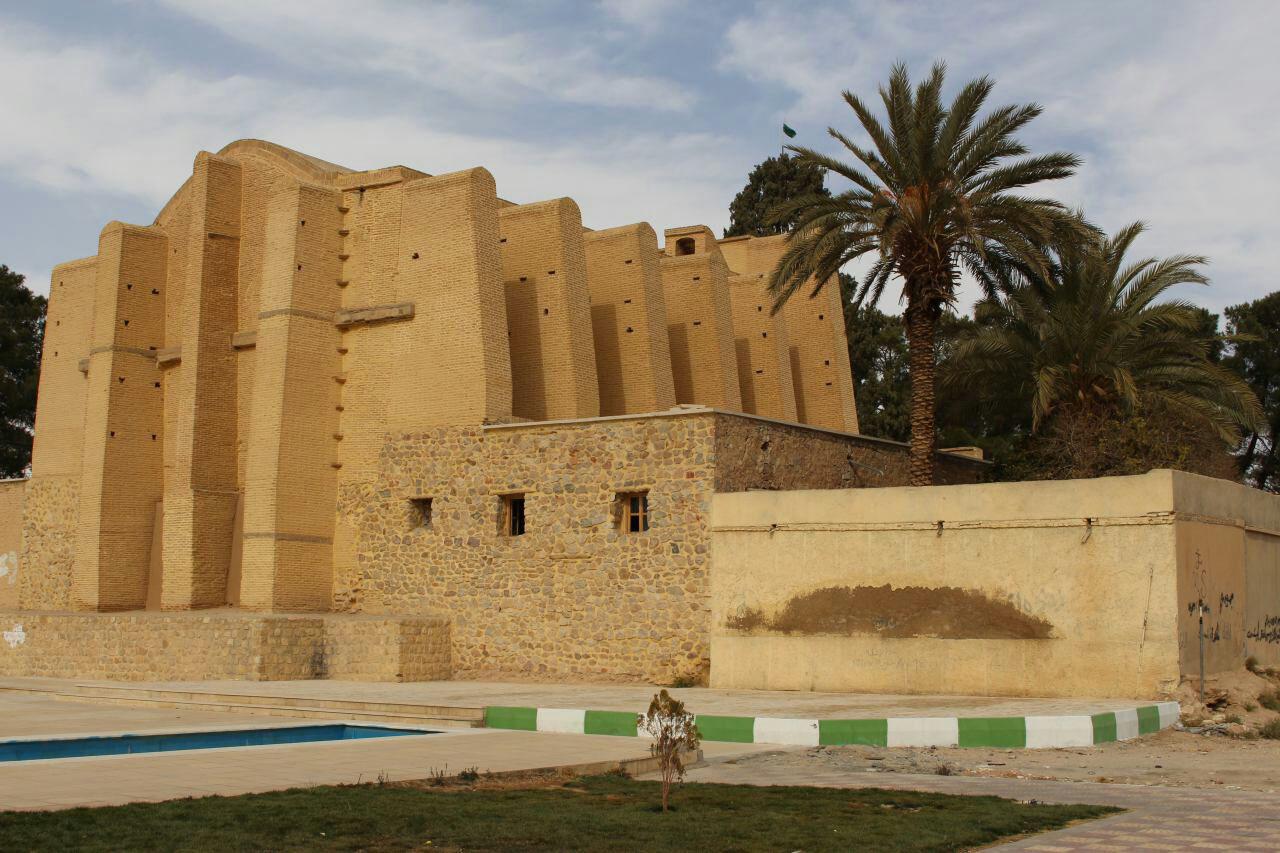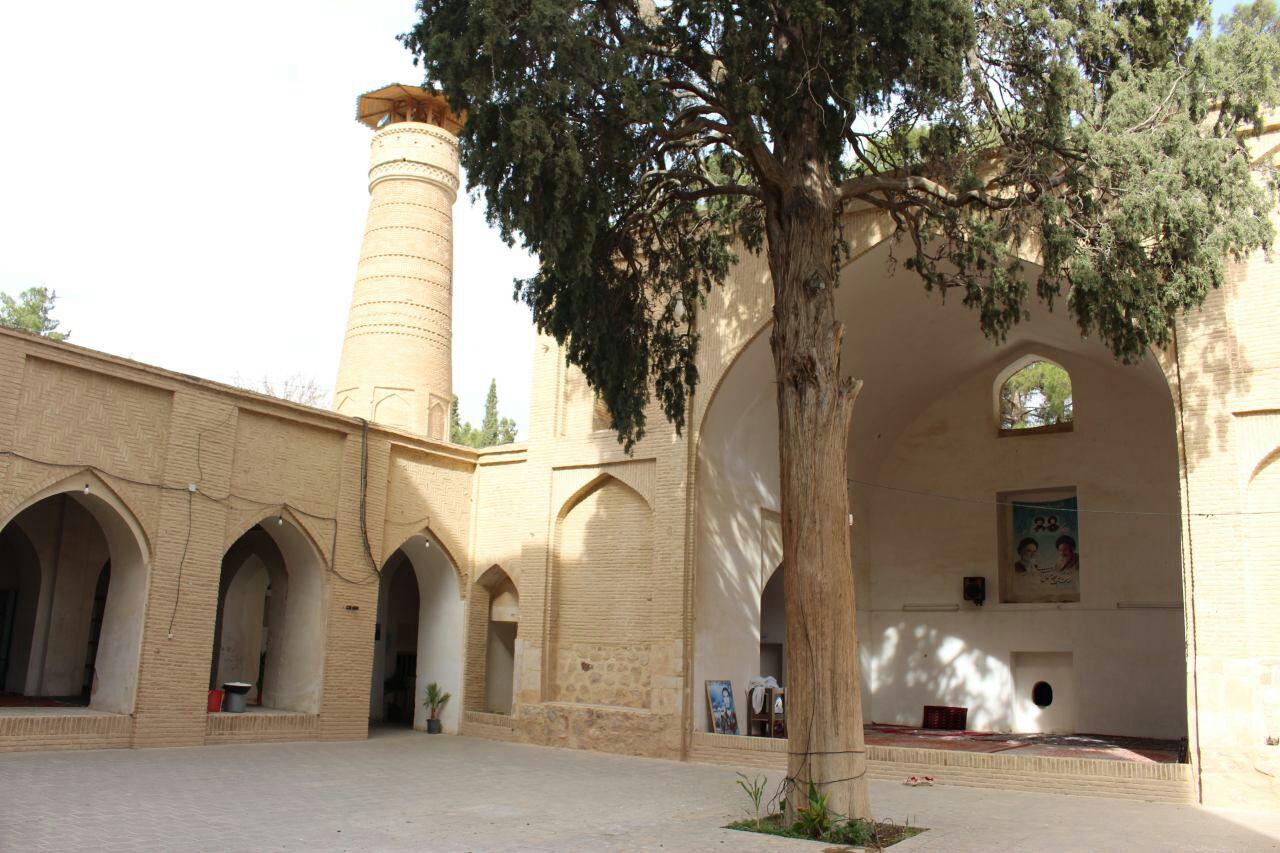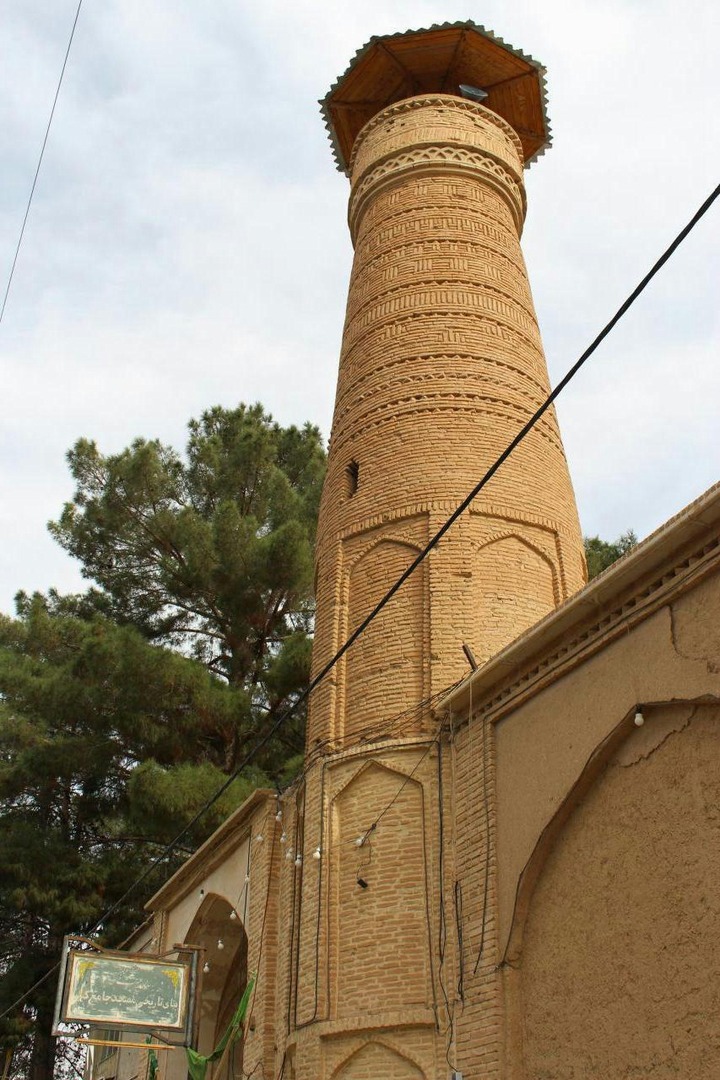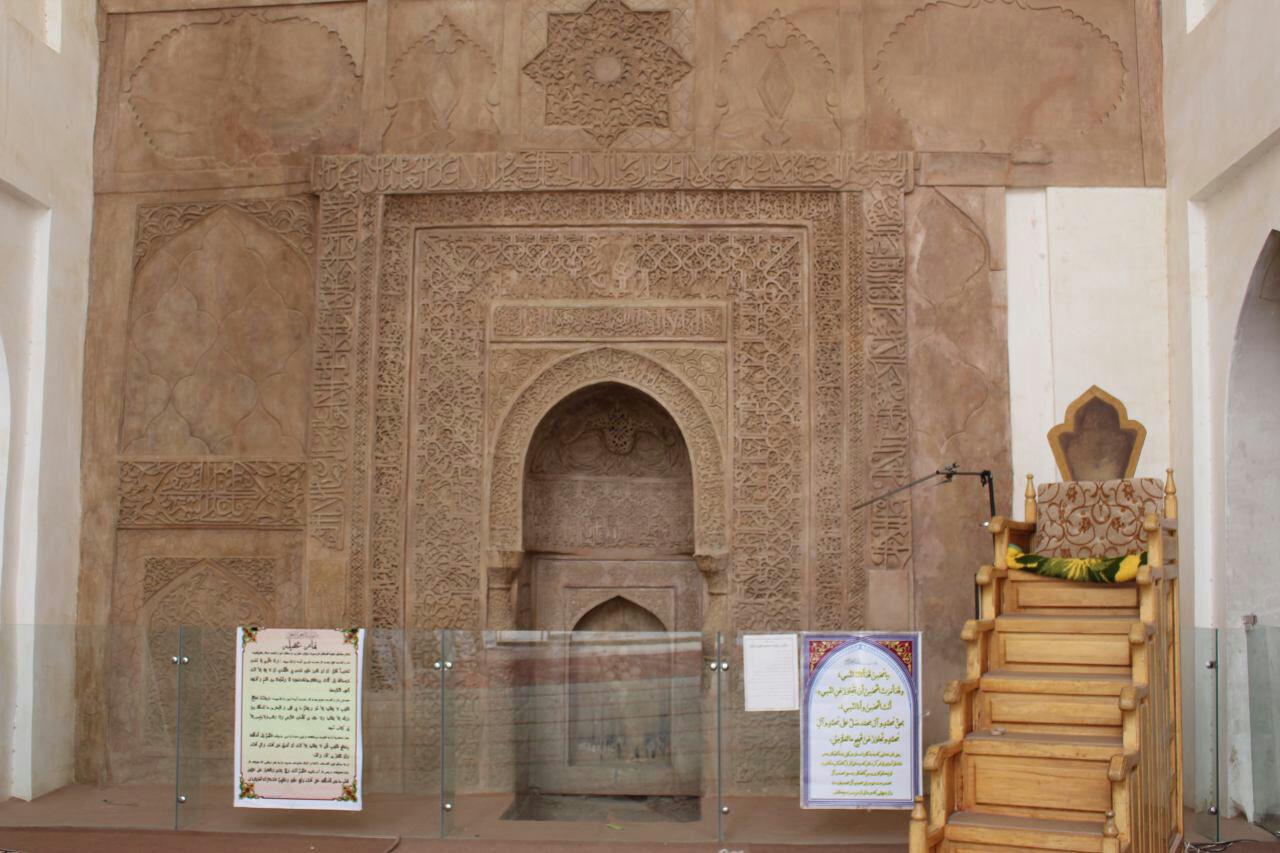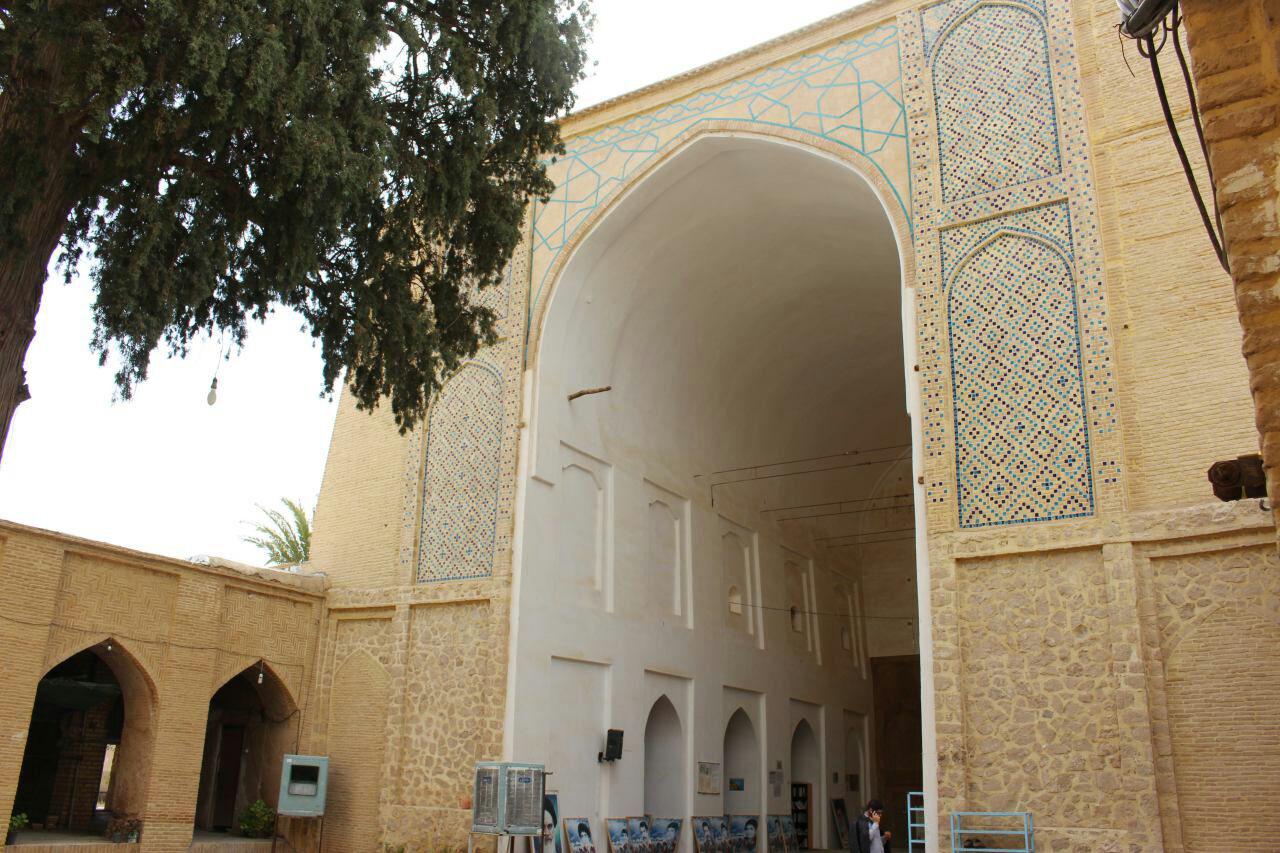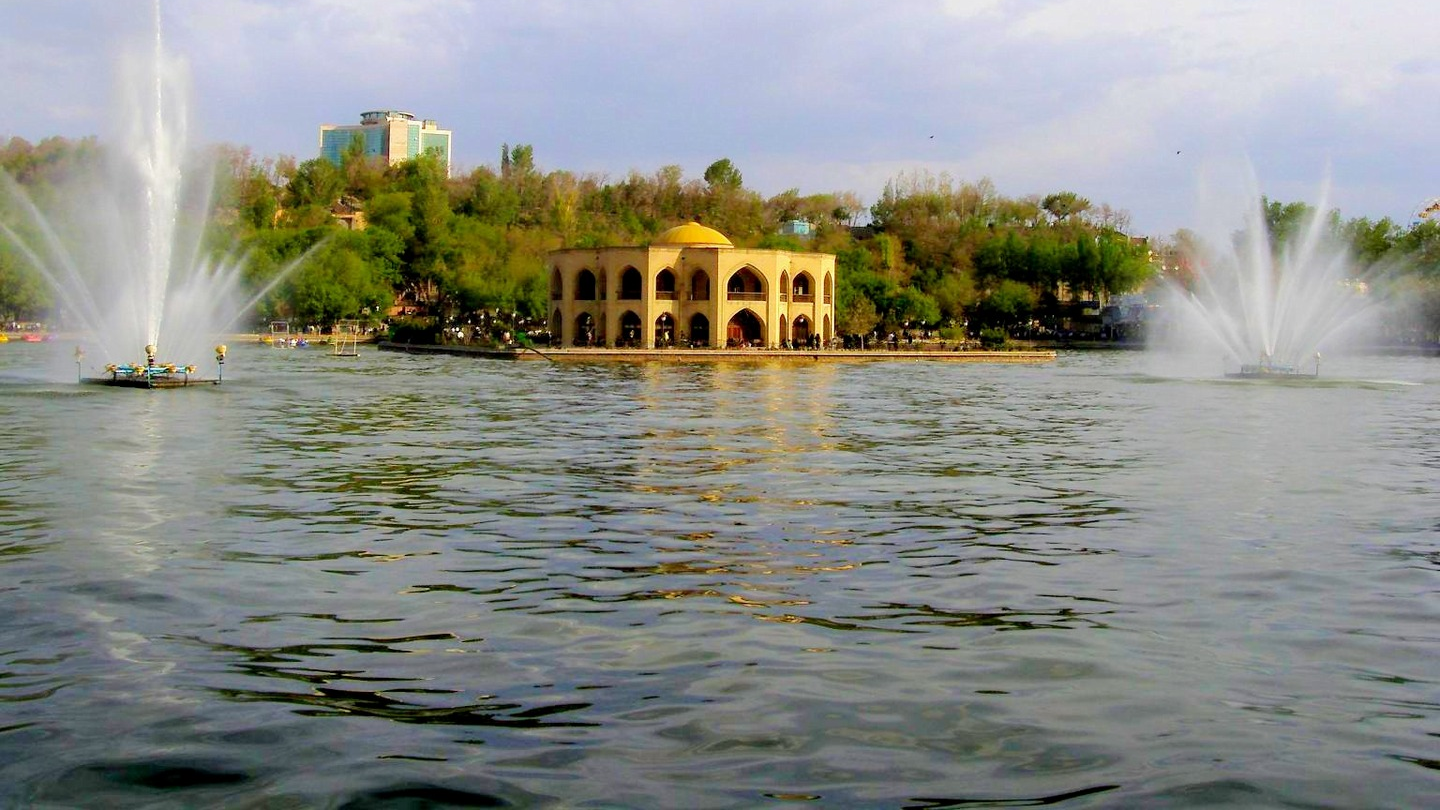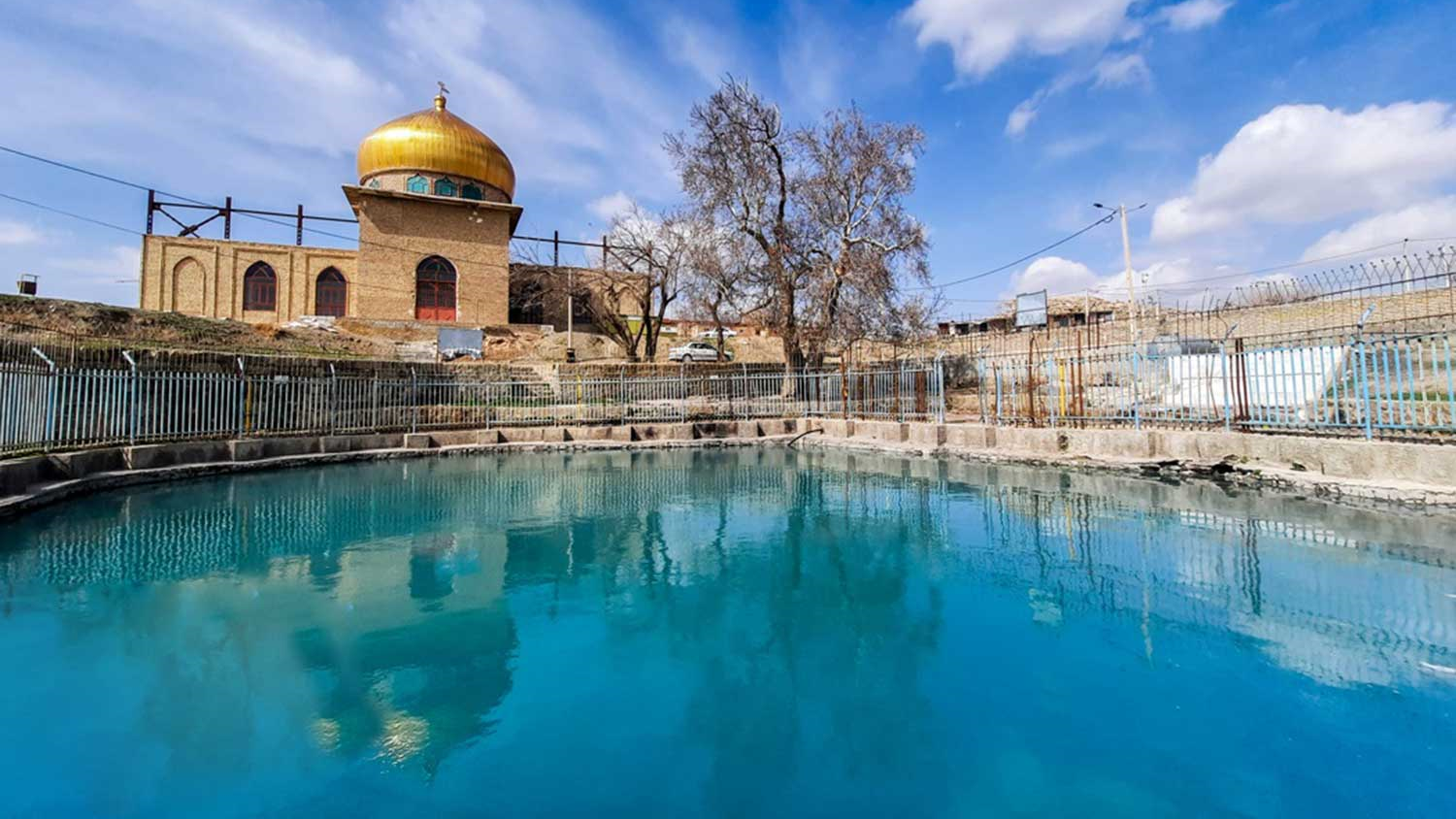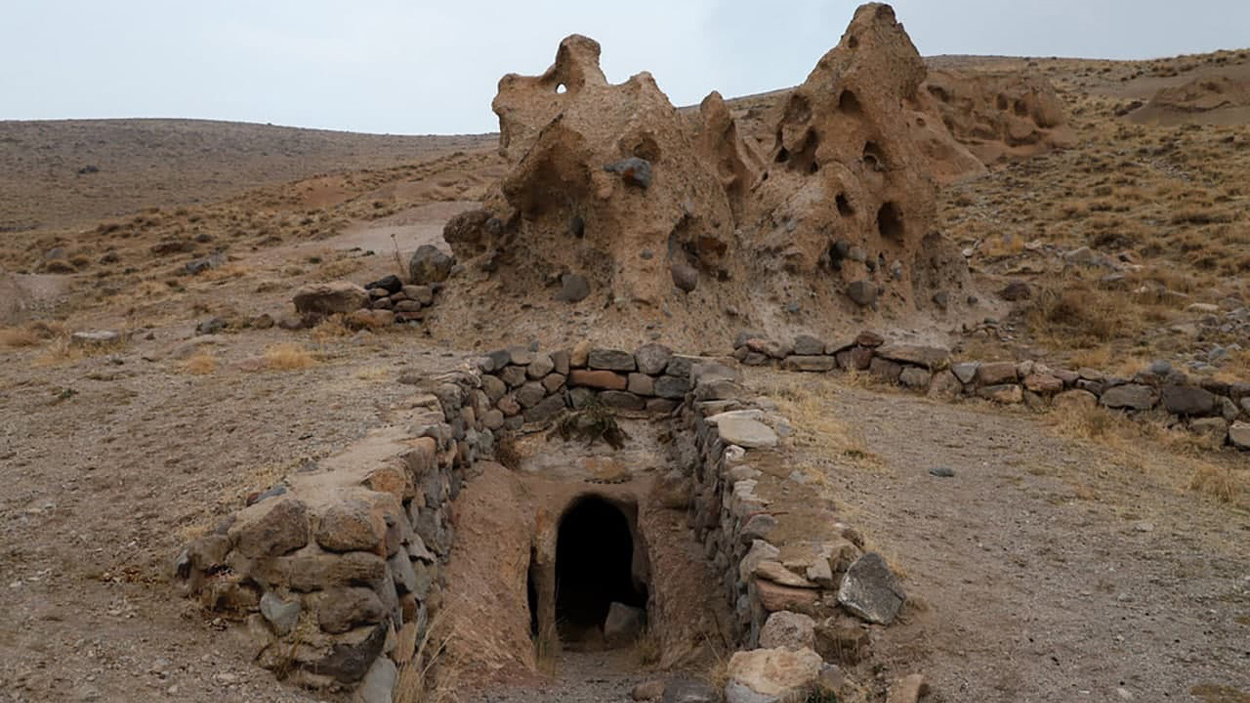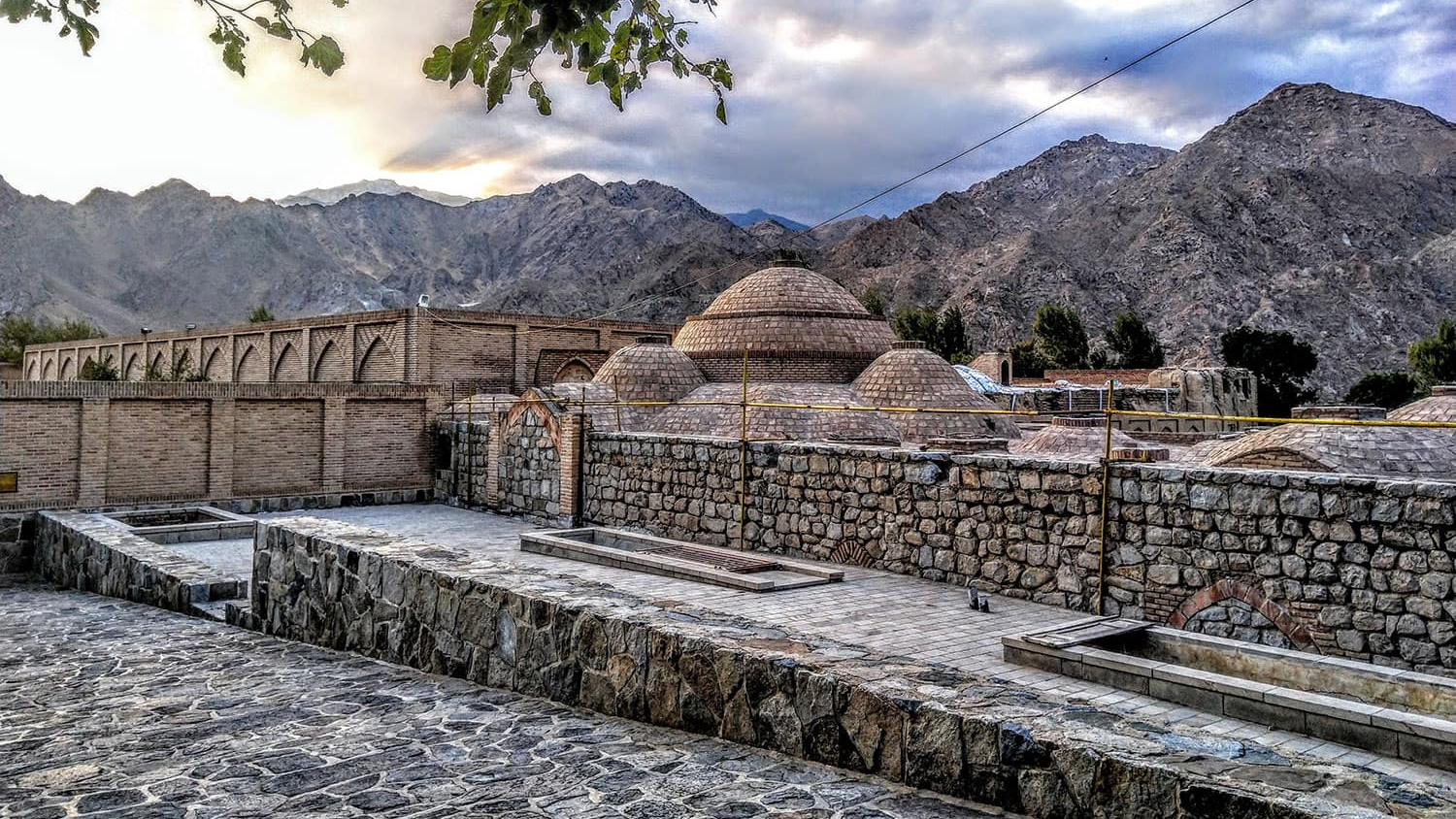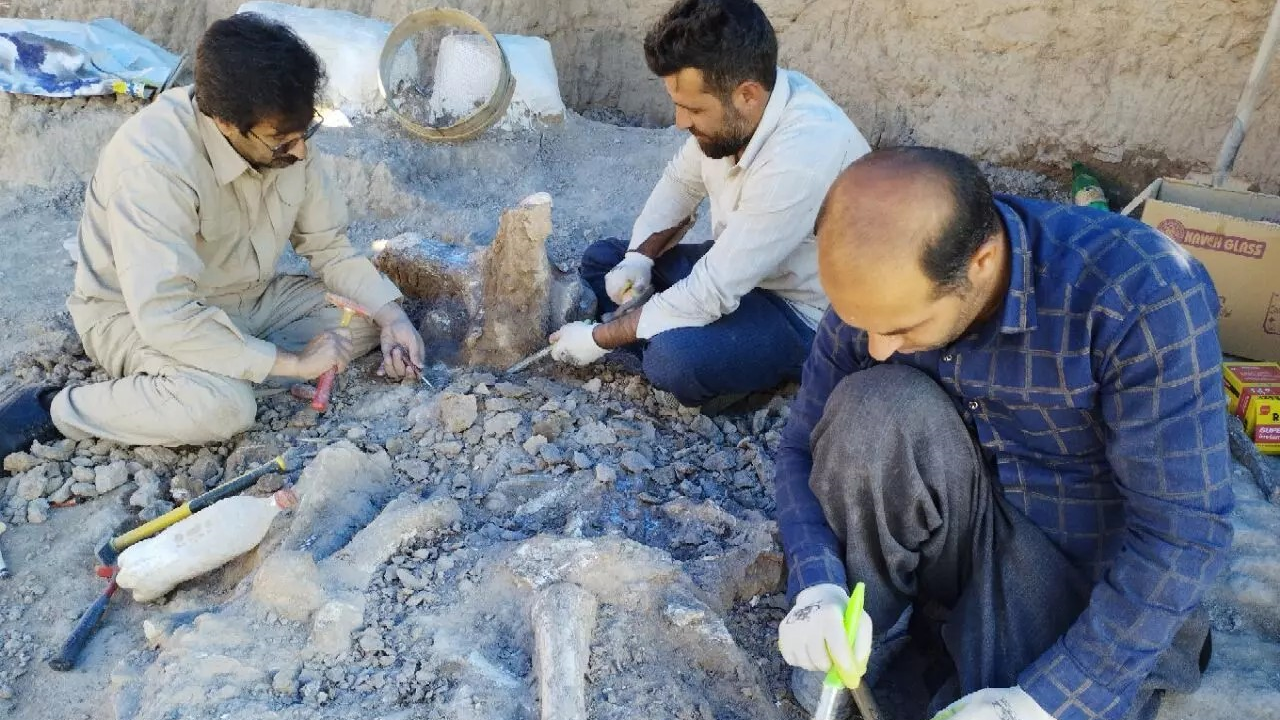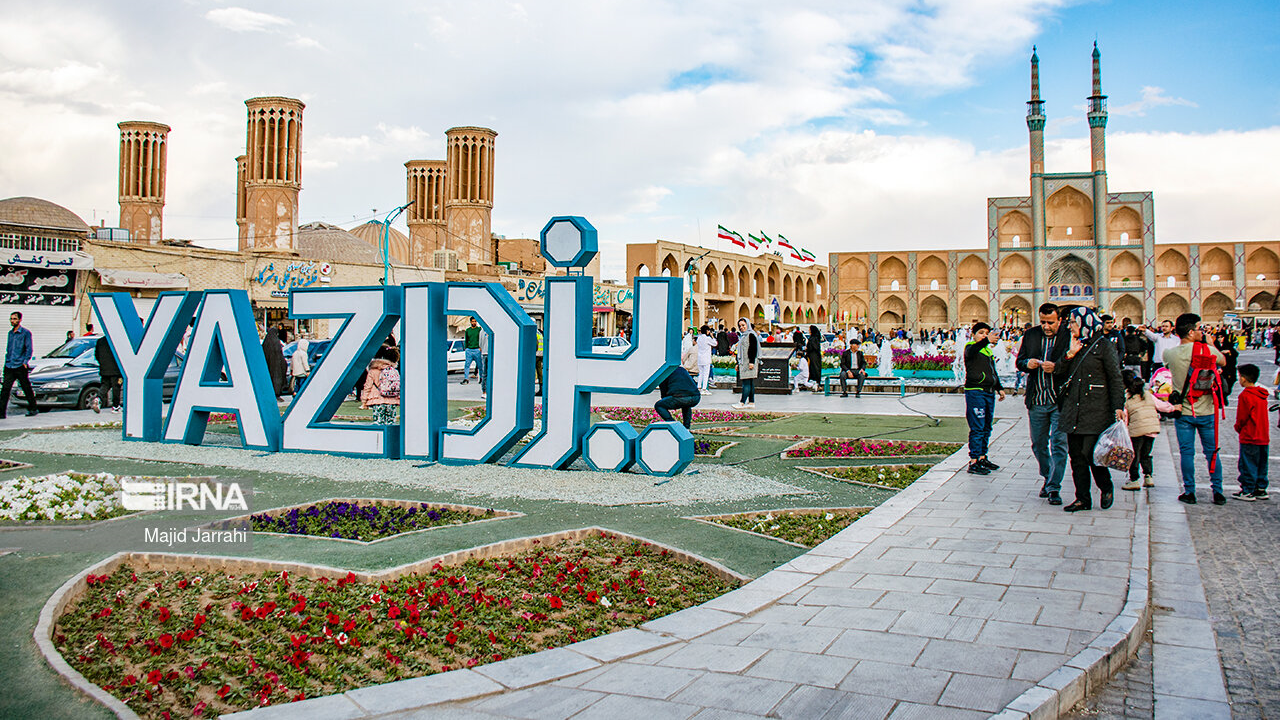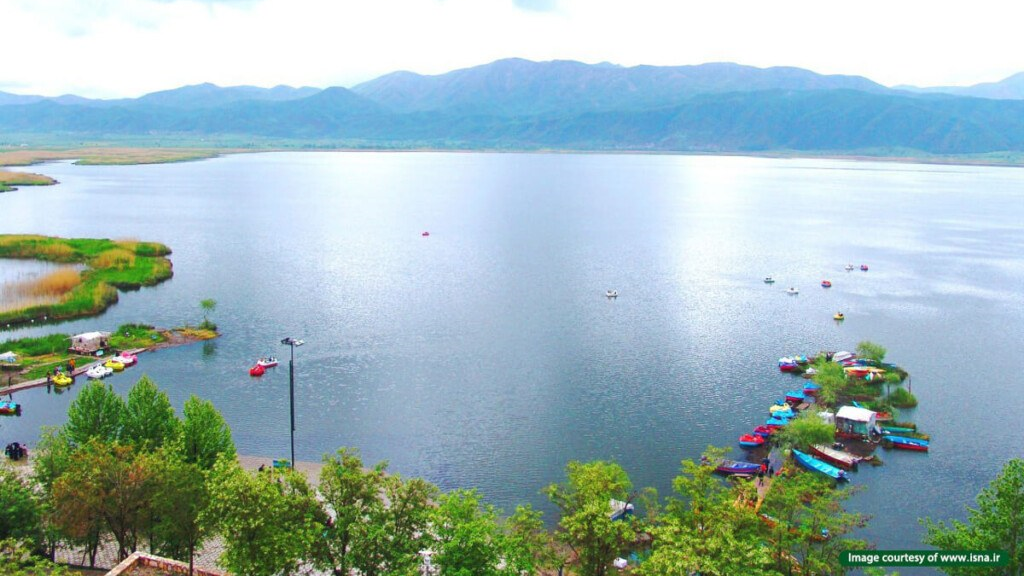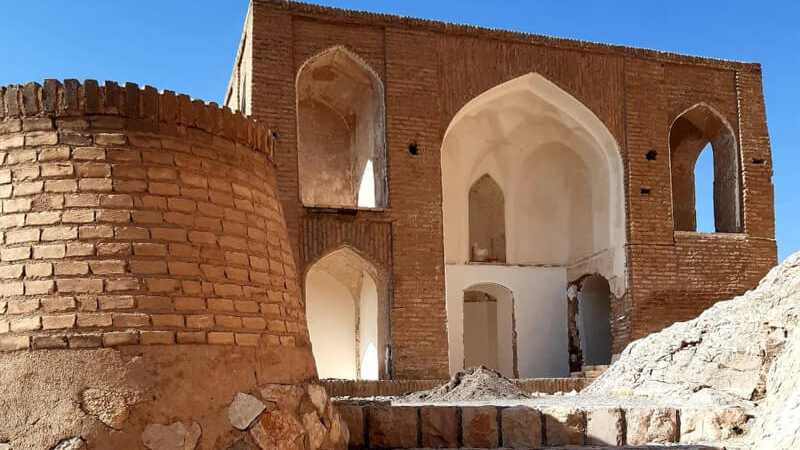
Jame’ Mosque of Neyriz; A Mosque with a Pre-Islamic Architecture
Following the advent of Islam in Iran and the conversion of Iranians to Islam, most of the fire temples were abandoned and lost their functionalities. According to some experts, the Jame’ Mosque of Neyriz, which is one of the oldest mosques in Iran, has been built on the ruins of an old fire temple.
History of Jame’ Mosque of Neyriz
According to the research published in the book “The Art of Iran” written by Andre Godard, a French architect and archaeologist, the architecture of the Jame’ Mosque of Neyriz, which has been mentioned in the sources left from the first half of the 4th century AH (10th century AD), is similar to the architecture of the Sassanid era.
This mosque has been restored several times and certain parts have been added to it in different eras. The most important restorations of the mosque took place during the reign of Adud al-Dawla al-Daylami (949 to 983 AD), Seljuks (1034 to 1194 AD), Khwarazmian dynasty (1077 to 1231 AD), and Safavids (1501 to 1736 AD).
Architecture of Jame’ Mosque of Neyriz
The single-porch mosque the construction style of which is a direct imitation of the monuments built in the Sasanian era (224 to 651 AD) is 18 meters long and 7.5 meters wide. There is a rectangular courtyard in front of the porch, in the northern part of which some porticoes and porches were added in later years. The mosque also has a minaret which, according to experts, was created in the course of the construction of the mosque. In addition to the main porch, the present-day mosque also has a northern porch, which was added to it in the course of one of the renovations that took place in 363 or 460 or 560 AH (973 or 1067 or 1164 AD).
The construction of the vault, which has been built with bricks and tiles, dates back to the mid-4th century AH and decorative plaster works can be seen in some places of the building. The decorations of the south porch are more diverse and complete.
According to the inscription in the mosque, the niche of this mosque was completed in 973 AD but some experts believe that the mosque was built earlier. The prominent plaster works of the niche, which include geometric patterns, flowers, plants, and verses from the Holy Quran are very beautiful and unique.
Inscriptions of Jame’ Mosque of Neyriz
The inscriptions that can be seen in the mosque include:
1. An inscription about the restoration of the mosque by a person named Mirza Nezam, during the reign of Safavid king, Shah Suleiman I (1666 to 1694).
2. An inscription related to the year 1259 AH (1843 AD), which was written during the reign of Zainulabedin Khan Neyrizi and contains information about taxes and court funds.
3. An inscription that dates back to the year 1300 AH (1882 AD) and contains a text about the restoration of the building during the time of the Qajar king, Naser al-Din Shah.
4. The inscription related to the year 947 AH (1540 AD) and the period of the Safavid king, Shah Tahmasb, containing the names of 12 Shiite Imams.
Jame’ Mosque of Neyriz was inscribed on the list of Iran’s national heritage in 1993.
According to some experts, the Jame’ Mosque of Neyriz, which is one of the oldest mosques in Iran, has been built on the ruins of an old fire temple.
| Name | Jame’ Mosque of Neyriz; A Mosque with a Pre-Islamic Architecture |
| Country | Iran |
| State | Fars |
| City | Neyriz |
| Type | Religious |
| Registration | National |

Choose blindless
Red blindless Green blindless Blue blindless Red hard to see Green hard to see Blue hard to see Monochrome Special MonochromeFont size change:
Change word spacing:
Change line height:
Change mouse type:
